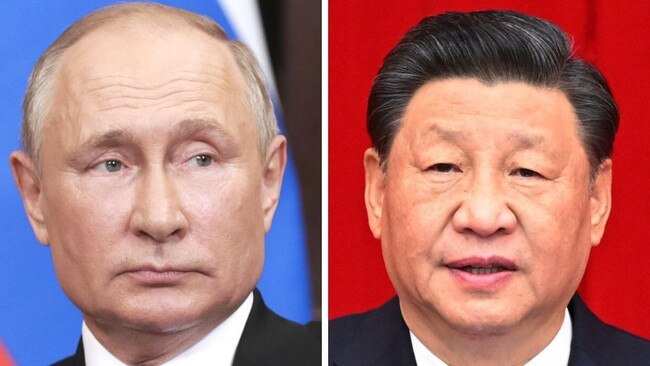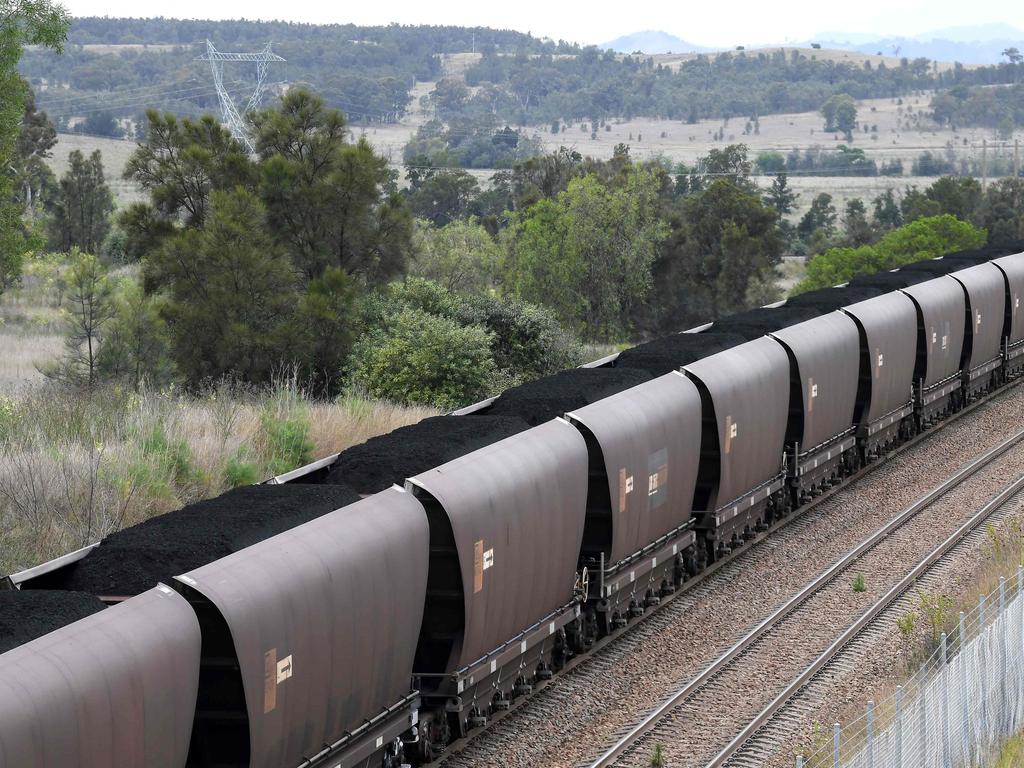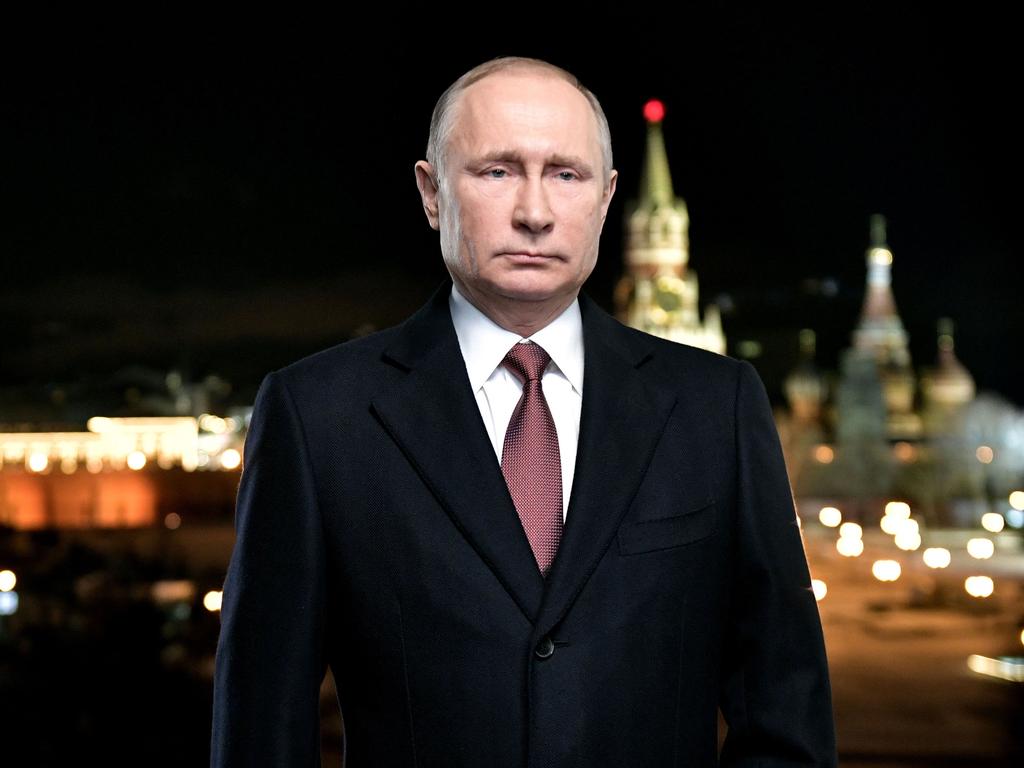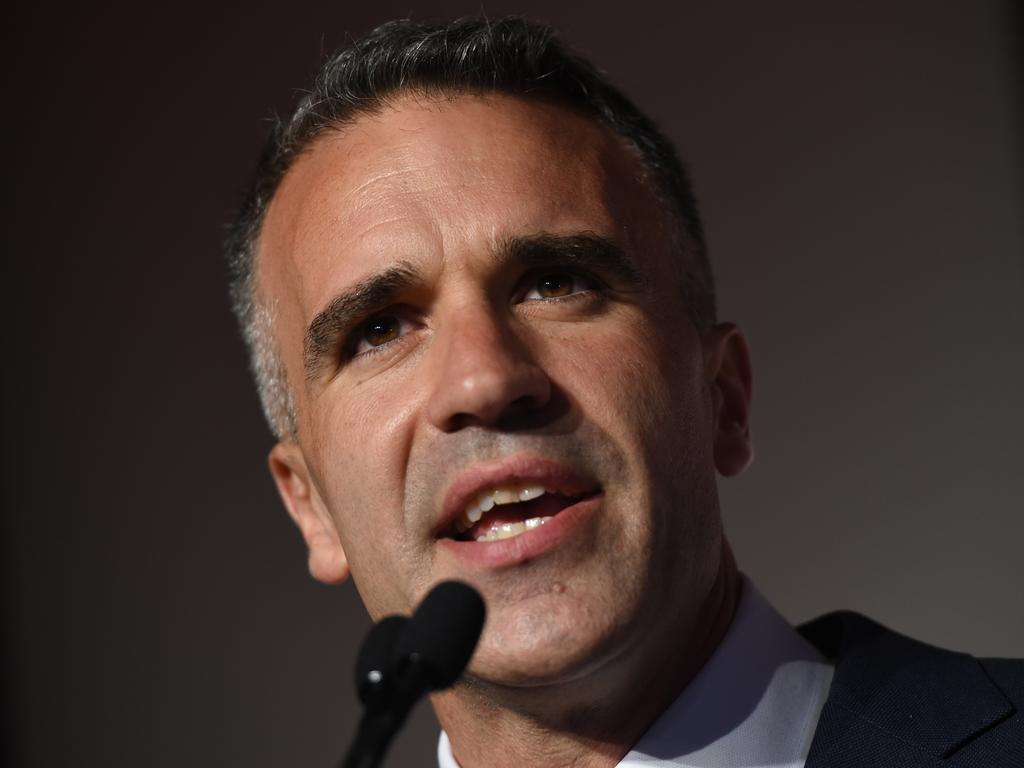
Several British newspapers have reported Prime Minister Boris Johnson is open to ending the ban on fracking, which was imposed in 2019. The London Daily Telegraph reported on March 10 that Foreign Secretary Liz Truss was pushing for the lifting of the ban and quoted a spokesman for Johnson saying “all options would be considered”. Johnson had personally intervened “to stop the concreting in of England’s only two viable shale gas wells”, the newspaper said.
And Russian disinformation? Matt Ridley reported in The Sun on March 15 that Russian President Vladimir Putin and the Russian gas monopoly Gazprom, the world’s largest publicly listed gas company, had criticised fracking for years to protect the price of Russian gas being exported to Europe. The success of the fracking revolution in the US had put downward pressure on global gas prices.
Lest anyone think Ridley was just doing the bidding of the Murdoch media, there is plenty of evidence from the US congress and from left-wing news sources that Russian trolls had been pumping out false information about fracking for years.
The Guardian reported Russia was behind attempts to discredit fracking on June 20, 2014. It quoted former NATO secretary-general Anders Fogh Rasmussen saying “as part of their sophisticated information and disinformation operations”, Russia engaged with environmental organisations working “against shale gas to maintain European dependence on Russian gas”.
The Chicago Tribune went further, reporting on March 1, 2018, that Russian troll factories had used Facebook, Instagram and Twitter to inflame US political debate over climate change. It quoted a report from the House science, space and technology committee providing evidence Russia used social media to inflame concern about fracking.
US political website The Hill noted on March 1 this year the Guardian’s Rasmussen report, and said the US media and Democrats had ignored evidence of Russian disinformation attempting to distort the US energy market. The Hill reveals a 2017 letter by Texas Republicans Lamar Smith and Randy Weber to then Treasury secretary Steve Mnuchin quoting former secretary of state Hillary Clinton telling a private gathering in 2016: “We were even up against phony environmental groups, and I’m a big environmentalist, but these were being funded by the Russians.”
Much of the Western world’s media is so tied up in environmental campaigning it can’t even see the trap many democracies are sleepwalking towards. Here there has been little media mention of renewed interest in preserving old coal-fired power stations in Germany and Britain, or a wider push by the EU to open the way for new oil and gas drilling in the North Sea.
The London Telegraph reported on March 16 that the British government was looking at watering down “net zero” rules on North Sea exploration so the UK could wean itself off Russian gas. The gas shock comes after months of high energy prices over winter when renewables generation faltered across Britain and much of the EU.
Reuters quoted German Finance Minister Christian Lindner on March 13 saying Germany should rethink its ban on new North Sea oil and gas drilling. “Against the changed geopolitical background, I think it is advisable to examine the entire energy strategy of our country without any prohibitions on thinking,” Lindner said. Germany is Russia’s biggest gas customer.
The EURACTIV EU news website quoted several German politicians and energy specialists on March 10 confirming Germany would now need to keep some coal power stations – that were scheduled for closure – open and in reserve, as the nation started to wean itself off Russian gas. Germany has effectively bankrolled Putin’s military with its gas purchases.
It’s no wonder neither Putin nor China’s leader-for-life Xi Jinping attended the Glasgow COP26 climate conference last year. China and Russia, the biggest and fourth-biggest CO2 emitters respectively, will not be meeting net zero emissions targets by 2050. But they most certainly will be attempting to profit economically and politically from the decisions of other nations to do so.
The Carnegie Foundation’s Moscow Centre news site sets up Putin’s view, in a piece published last September. “Worryingly, while Russia acknowledges the dangers of a rapidly warming world, it does not appear to be preparing for a transition. Putin has even hinted at a potential brighter future for Russia thanks to climate change: one in which it is an agricultural powerhouse in a famine-stricken world; and where the Arctic makes Russia’s strategic position in trade routes indisputable.”
China was praised at COP26 for promising in September to stop building coal-fired power stations outside China as part of its Belt and Road Initiative. Media dupes accepted this as a face-value sign of Xi Jinping’s commitment to net zero by 2060. Yet China signalled early this month a massive increase in its domestic coal production.
Bloomberg reported on March 13 that China wants domestic coal production increased by 300 million tonnes a year. Total Australian annual thermal coal production is 550 million tonnes, so China’s domestic increase is about 60 per cent of our total annual output, most of it exported. China depends on coal for about 60 per cent of its electricity.
Meanwhile, our media continues with fraudulent reporting suggesting both China and India (the world’s third-biggest emitter) are phasing out coal. Environment writers here applaud the early closure of coal-fired power plants as part of an energy transition that promises to produce far more challenges than most journalists understand. This column made those technical challenges clear in an interview with former Energy Security Board chief Kerry Schott, published on February 28.
And the prissy ABC Media Watch program continues to police journalists straying from a strict climate change agenda as the national broadcaster, Guardian Australia and the Nine newspapers remain silent on the most important energy story out of Europe in our lifetimes.
Energy will prove an enduring story from the invasion of Ukraine, and the bedrock upon which February’s pact between Putin and Xi was built. The West has allowed its own industries and jobs to be exported to countries with rising CO2 emissions so it can reduce emissions in Europe and North America for no net benefit to the planet.
US President Joe Biden is refusing to expand domestic oil and gas production to keep faith with the left of his Democratic Party on emissions, while reaching out to Russian client oil states Iran and Venezuela in the hope of winning a price reprieve for American motorists. Putin and Xi must be laughing as their own emissions soar.








As fracking looks set to make a comeback in Britain in the wake of sanctions against Russia over its invasion of Ukraine, it’s worth reflecting on the role of Russian disinformation in the global environmental campaign against the hydraulic fracturing of underground gas-bearing shale and coal deposits.